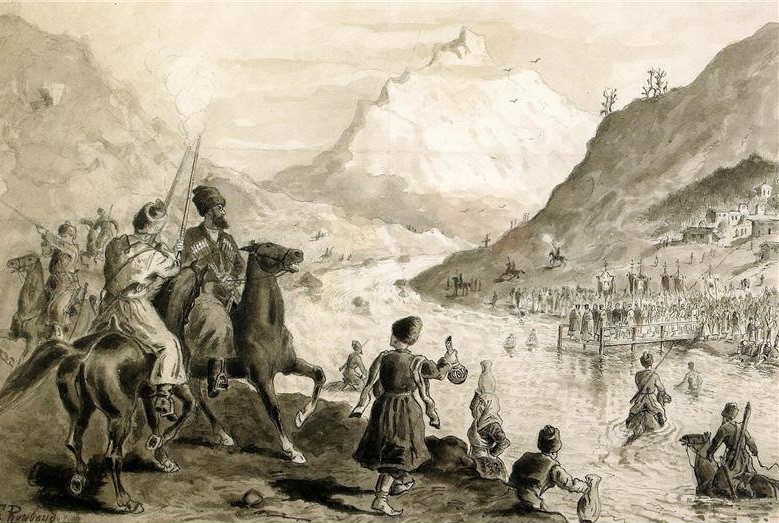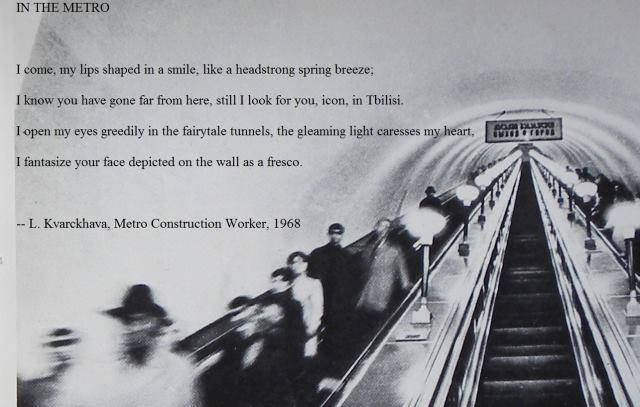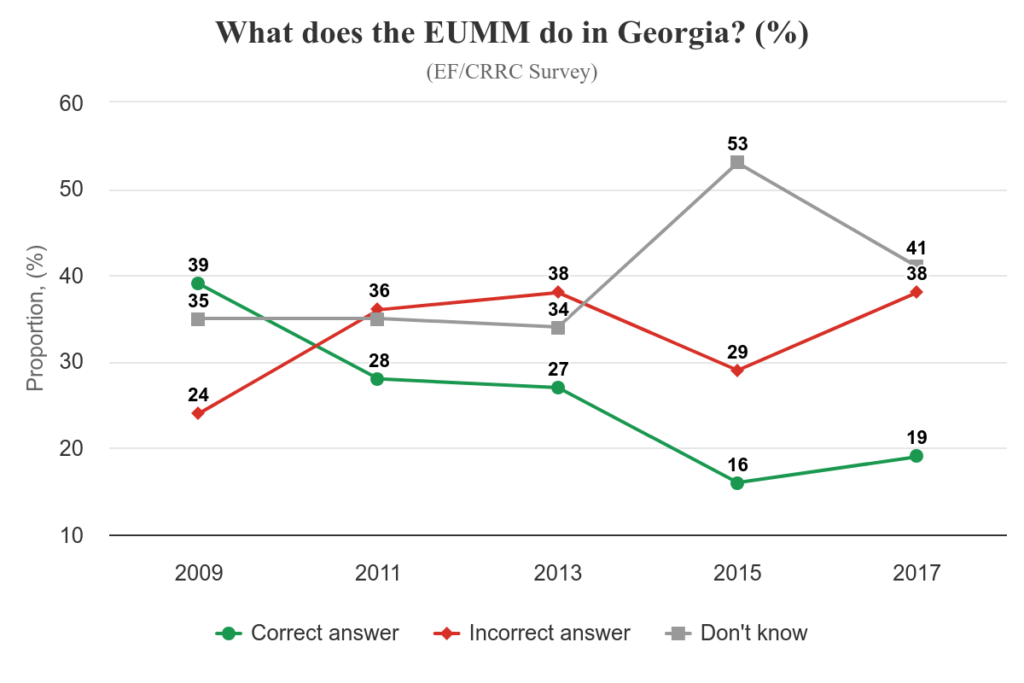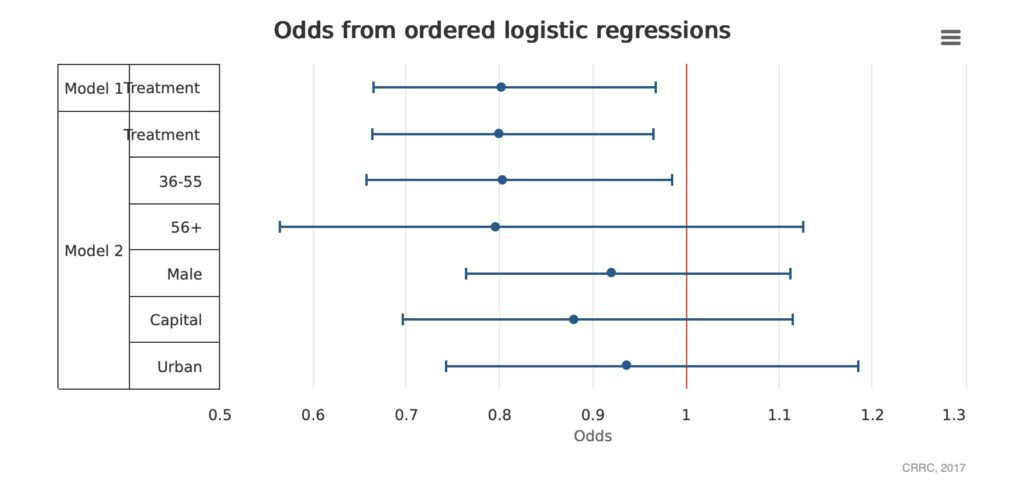2017

The borderlands of the Caucasus mountains have been the site of fierce territorial contestation and enduring religious rivalries. The communities that historically inhabited this region were frequently subjected to the tumultuous aftermath of the shifting power balance of the empires…
Do voters in less than democratic contexts matter or are elections simply facades used to create a veneer of democratic accountability for domestic and international actors? Within the Autocratic Response to Voter Preferences in Armenia and Georgia project, funded by Academic Swiss Caucasus…

Are you a research-minded university graduate who wants to gain an important skill set that is absent in Georgia? Do you want to work hard and open the door to international opportunities? If so, then this is for you!…

CRRC, ARISC and American Councils are proud to present the 2nd talk of the Fall 2017 Works-in-Progress series!
Paul Manning, Trent University: “The Icon and the Metro: Art and Architecture in 1960s Tbilisi”
Professor Paul Manning received his PhD in linguistics…

As much as 81% of the population of Georgia doesn’t know what the European Union Monitoring Mission (EUMM) does, according to the 2017 Knowledge of and Attitudes towards the European Union in Georgia survey funded by Europe Foundation and implemented by CRRC-Georgia.…

CRRC-Georgia is looking for interviewers all over Georgia to conduct population surveys in Georgia – along with Georgian language speakers, Armenian and Azerbaijani language speakers are welcome to apply.
We offer: Flexible schedule, Interesting experience, …
We offer: Flexible schedule, Interesting experience, …

Why do people take the time to respond to surveys in Georgia? A telephone survey experiment CRRC-Georgia carried out in May 2017 suggests that small financial incentives may actually discourage people from participating in surveys. This finding suggests people may…

